Today, both elite athletes and everyday fitness enthusiasts are supplementing with branched-chain amino acids (BCAAs) for performance benefits. Curious about what BCAAs are and what role they play in the body? Keep reading to find out!
1. What are BCAAs?
BCAAs are a group of three essential amino acids:
- Leucine
- Isoleucine
- Valine
Like all amino acids, BCAAs are components that your body use to make proteins. However, unlike other amino acids, branched chain amino acids are not metabolized by the liver and so they are unable to be synthesized by the body. They must be consumed through your diet!

Now you know what BCAAs are, but what are their benefits?
2. BCAAs improve performance
BCAA supplements have been shown to build muscle, decrease muscle fatigue, and alleviate muscle soreness.
One study demonstrated that BCAA supplementation increased resistance to fatigue and enhanced lipid oxidation during exercise in glycogen-depleted individuals. It was shown that the group that received BCAA supplementation had a 17% greater resistance to fatigue when compared to the placebo group.
In another study, participants were exposed to thermic stress. Those who consumed BCAAs were able to cycle 12% more than the placebo group.
During intense physical activity, the body needs energy. BCAAs provide a source of energy during prolonged exercise: when your glucose levels start to run low, BCAAs can serve as a source of energy, thus sparing protein breakdown from your muscle tissue.
BCAAs also activate the enzymes responsible for building muscles, helping to increase your muscle mass.
3. BCAAs facilitate recovery
BCAAs can help improve recovery and provide protection against muscle damage as they lower blood levels of certain enzymes, such as creatine kinase and lactate dehydrogenase, that are involved in muscle damage.
Various studies have asked participants to evaluate their level of muscle pain after performing muscle-building exercises. Participants who received BCAAs rated their muscle pain up to 33% lower than those in the placebo group.
Because BCAAs have been shown to help in muscle recovery after an injury or intense exercise, athletes in particular should consider supplementing with them, especially after a tough training session for a faster recovery!
4. When should BCAAs be consumed?
BCAAs perform different functions that can vary depending on when they are consumed.
If consumed before training, BCAAs provide the body with an immediate source of energy, preserving protein stores in the muscles.
If consumed after training, they stimulate protein synthesis and promote both muscle development and recovery. It is recommended that you take them within 30 minutes following your workout to maximize muscle recovery and nutrient absorption.
BCAAs have many benefits: they improve physical performance by reducing fatigue and speeding up the recovery process after intensive training.
In addition to BCAAs, protein also plays a crucial role in building muscle and improving your performance. In order to efficiently build up your muscle mass, it is necessary to consume sufficient amounts of complete protein. Näak Ultra Protein Recovery™ is thus a great option for your sports nutrition, wit each serving containing 24 g of protein and 4 g of BCAAs!


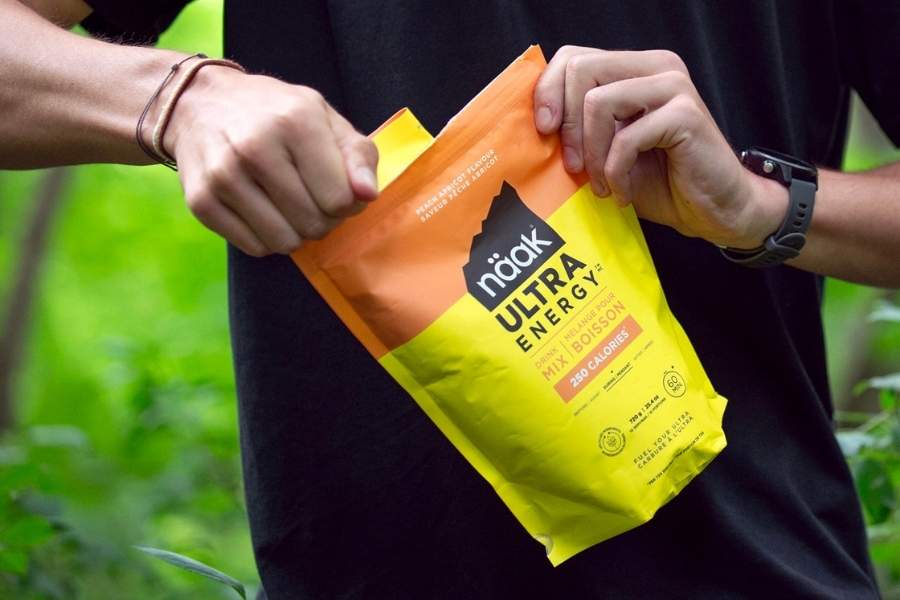













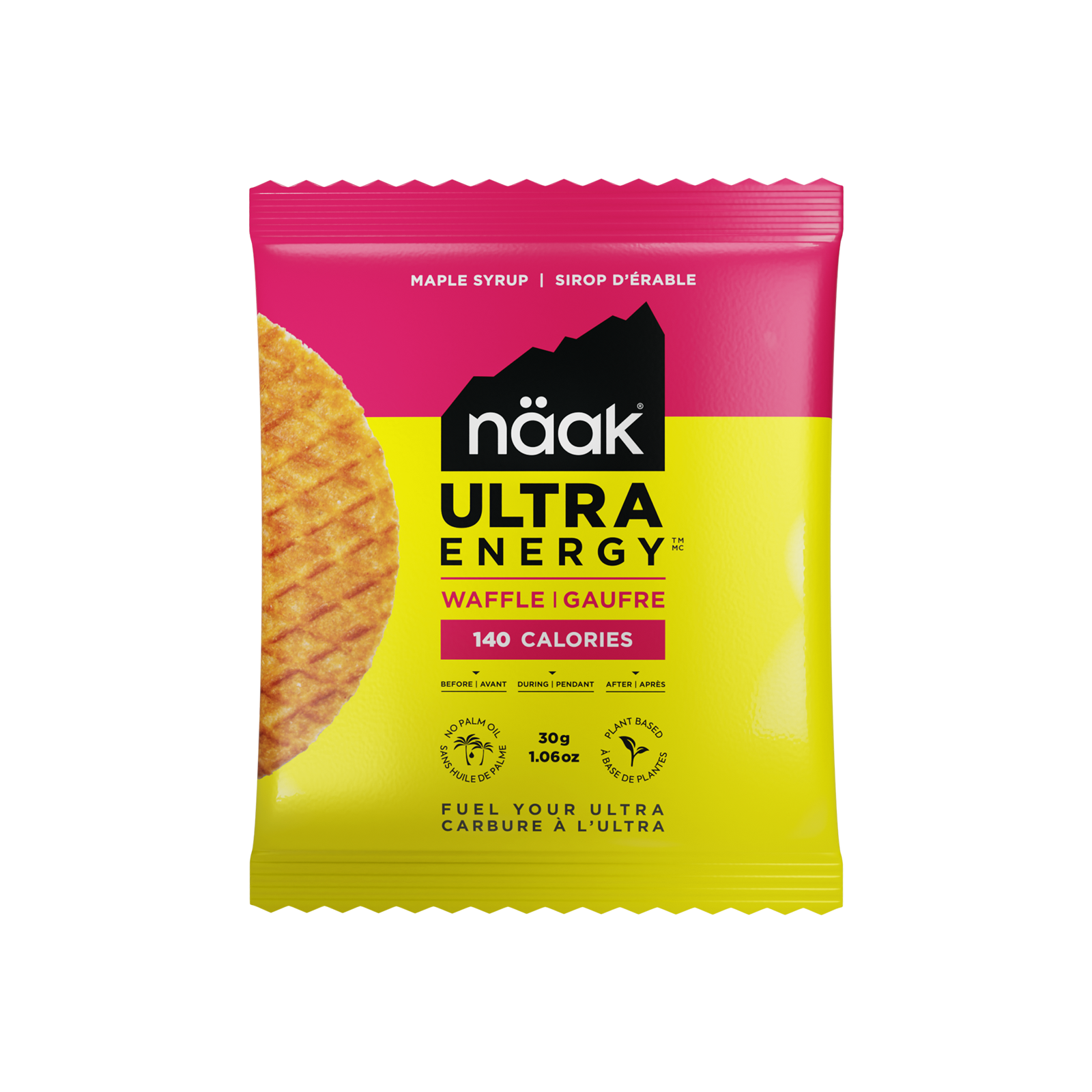

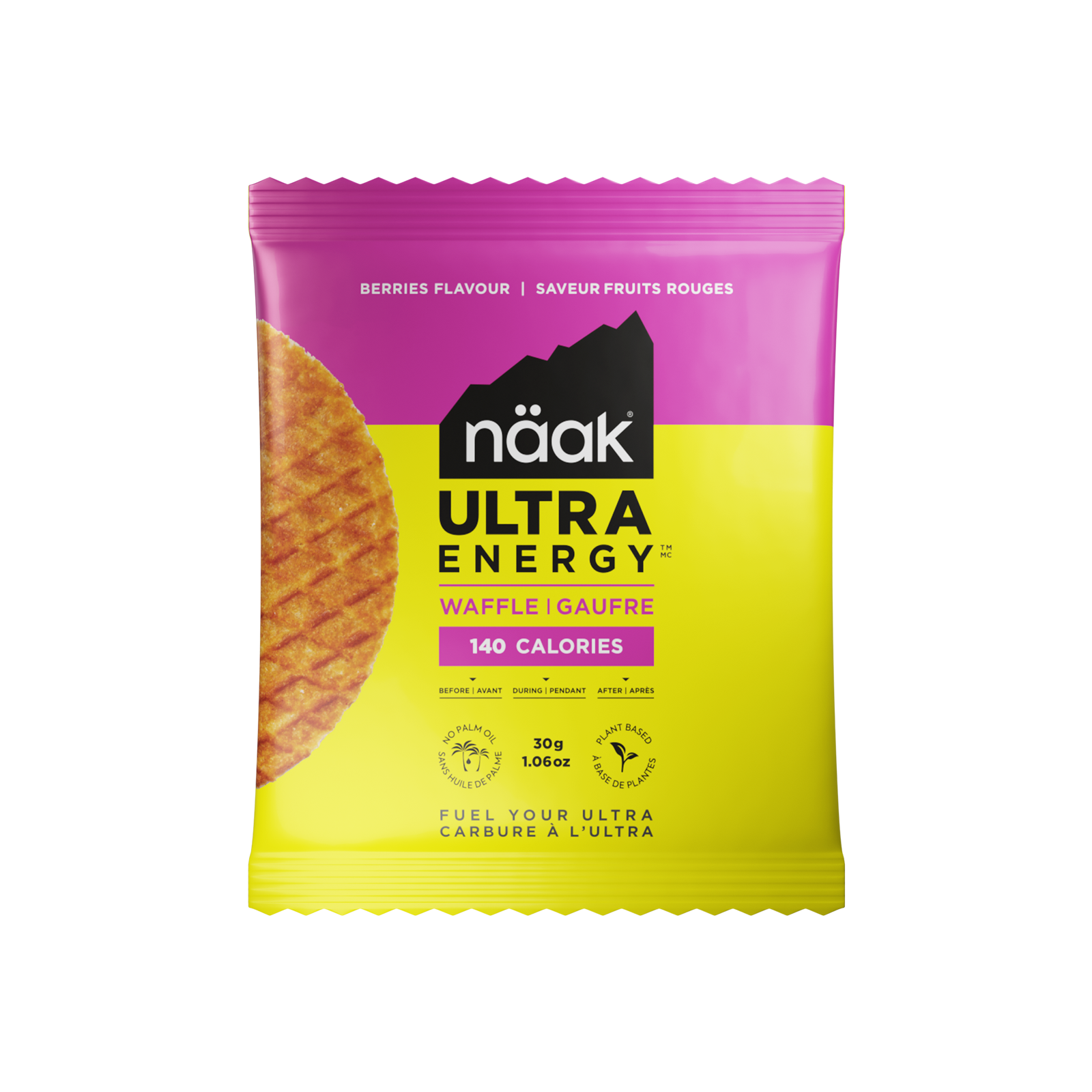


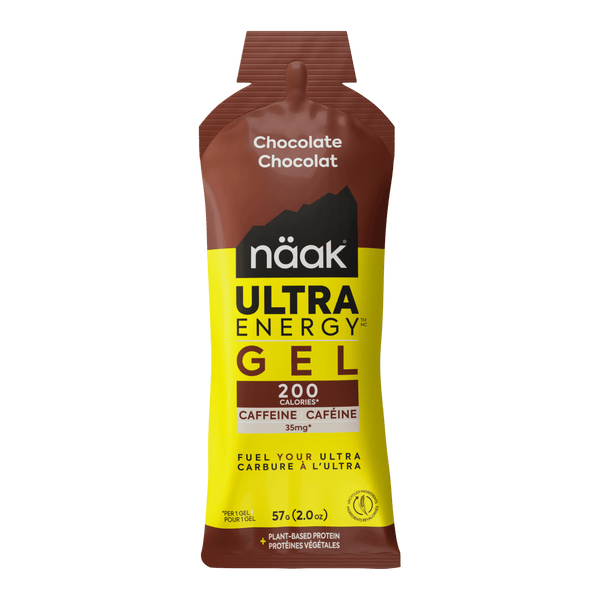
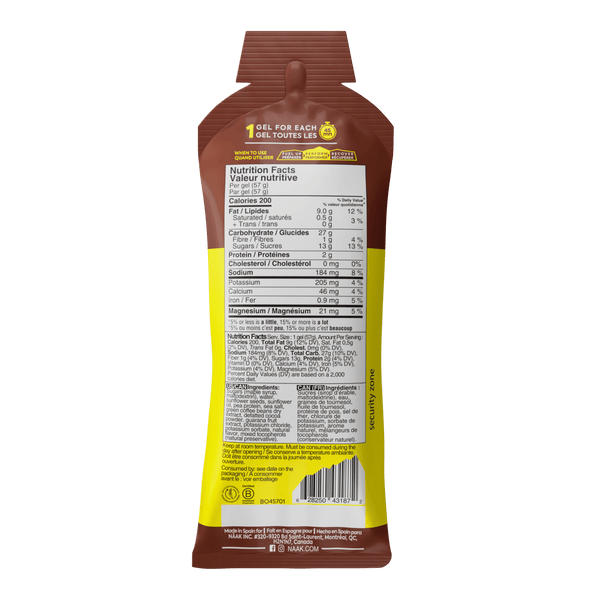
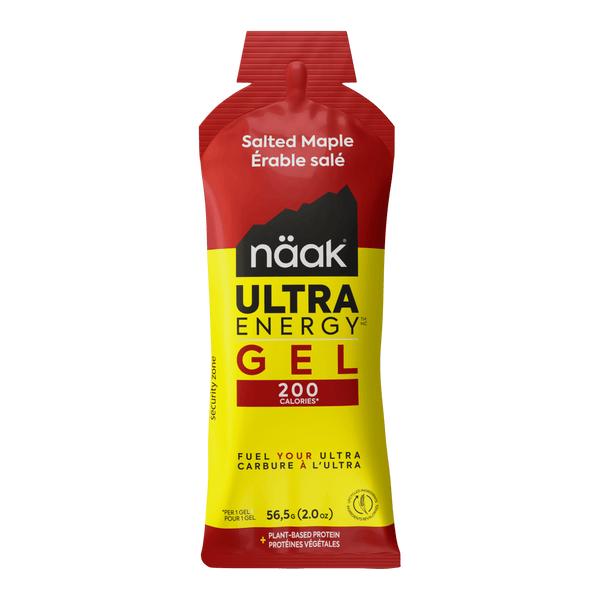

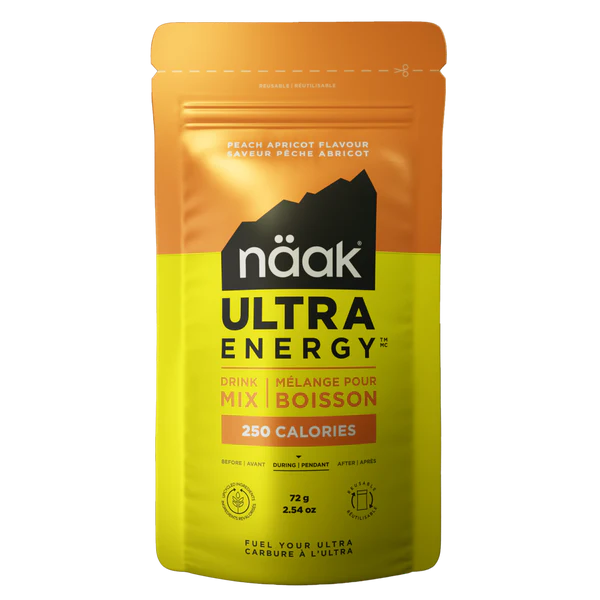
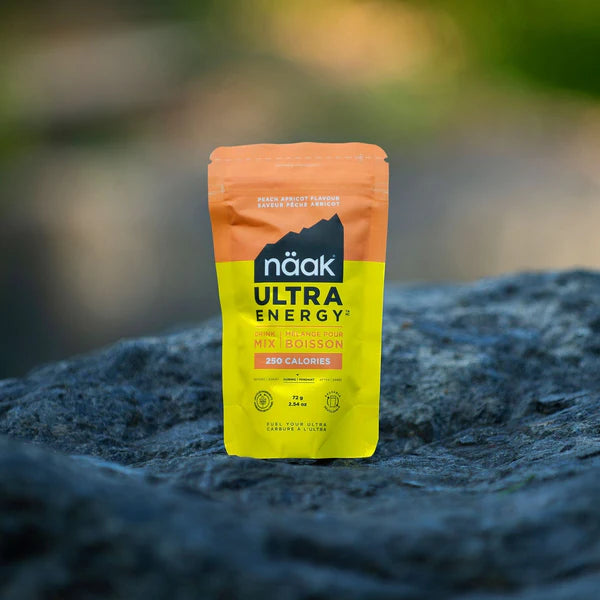


Leave a comment (all fields required)